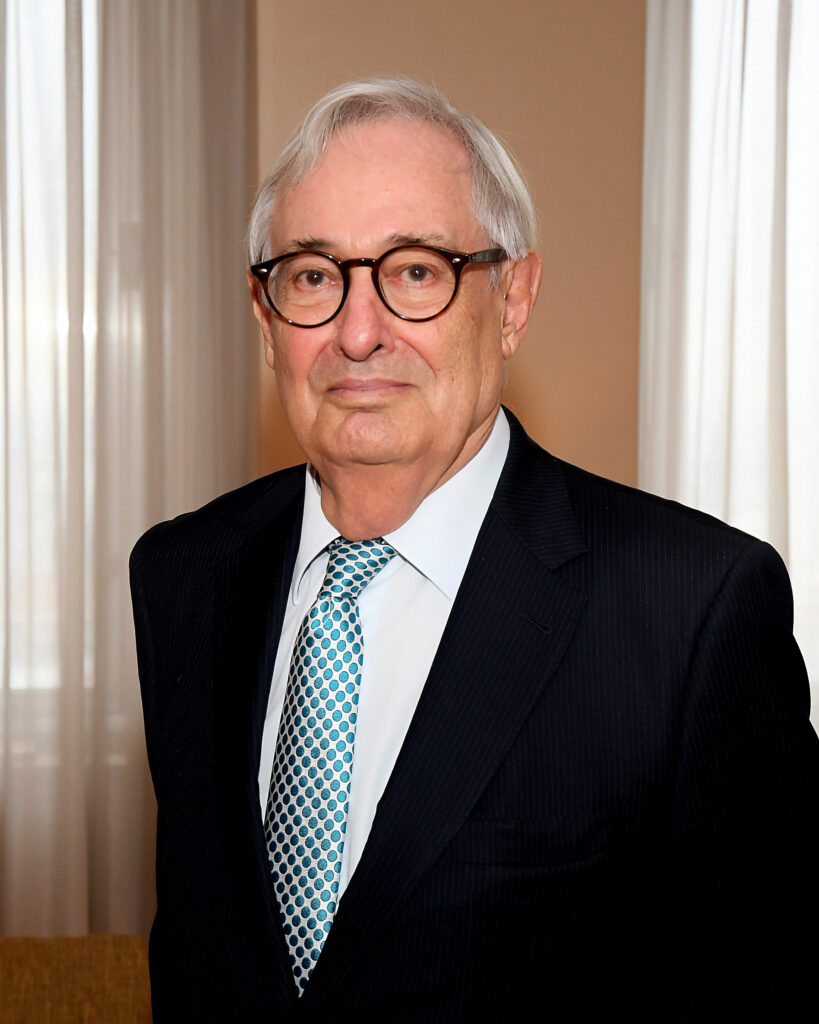Vicepresident

Born in Madrid on December 18, 1935, he holds a law degree from the Complutense University of Madrid. He studied business economics in London and Paris.
Great-nephew of Salvador de Madariaga, he participated in the founding of the Agrupación Socialista Universitaria (University Socialist Group), a political organization that sought to align itself with the PSOE (Spanish Socialist Workers’ Party), but not with the exiled party in Toulouse. He took over its leadership in the late 1950s. He later worked for Banco Urquijo, the most important industrial bank in Spain at the time, where he eventually became deputy general manager (1962–1974).
He left the bank and, together with other partners, created SERFIBÁN, a wealth management company that became the second largest in Spain.
PSOE deputy for Segovia in the Constituent Assembly (1977–1979), where he chaired the Finance Committee; in the First Legislature (1979–1982), where he served as second vice president of the Finance Committee and as a member of the Economy and Universities Committees. During both of these terms, he served as the Socialist spokesperson on the Defense Committee.
His most important bill was the one concerning the modification of the Spanish coat of arms, which had not been amended in the Constitution (proposed in 1979, passed into law in 1981). During the Second Legislature, he was appointed president of Telefónica (1982–1989).
In 1989, he was appointed General Manager of RTVE until 1990. He returned to the private sector, promoting a venture capital company (GRAMINSA) dedicated to the creation and development of companies in innovative sectors or new technologies. He is currently Chairman of Telefónica Open Future.
He was awarded the Constitutional Medal of Merit, the Gold Cross of the Red Cross, the Grand Cross of Naval Merit, and the Silver Cross of the Civil Guard. He was always an active contributor to the press and radio. In 1984, he published the novel Rota has entered the war.
2025 .Copyright INCIPE Instituto de Cuestiones Internacionales y Politica Exterior | Legal notice | Cookies Policy